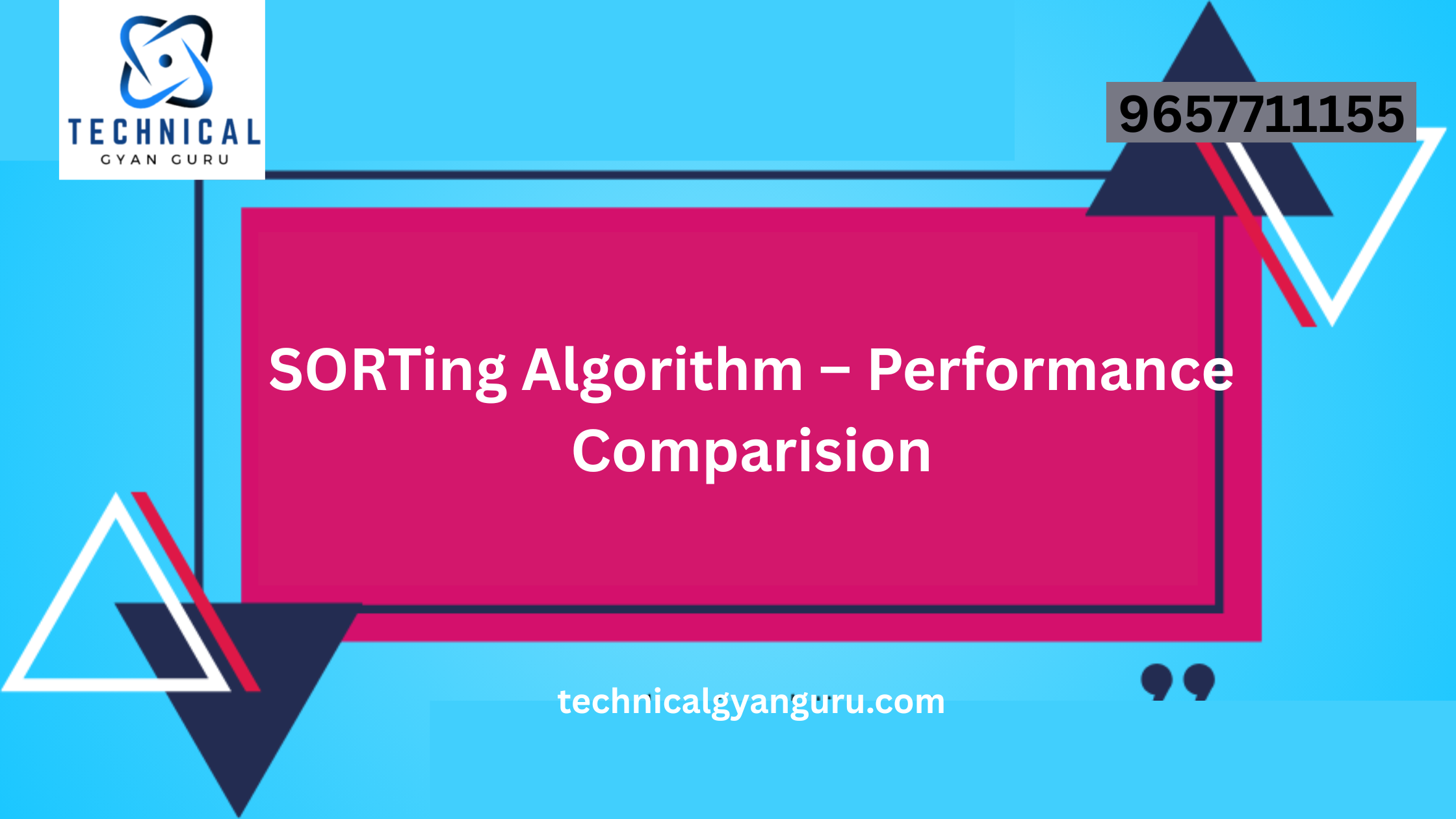Introduction: SAP Master Data Automation
SAP Master Data Automation: In the realm of enterprise resource planning (ERP), the management of master data is a critical element that directly influences the efficiency and accuracy of business processes. SAP, a frontrunner in providing ERP solutions, has taken a giant leap forward with the integration of master data automation. In this blog post, we’ll delve into the significance, benefits, and implications of SAP Master Data Automation.
Understanding Master Data in SAP:
Master data encompasses the core business entities that are shared across an organization, such as customers, vendors, products, and employees. Maintaining accurate and up-to-date master data is vital for seamless operations, informed decision-making, and regulatory compliance within an ERP system like SAP.
The Evolution: SAP Master Data Automation
Traditionally, managing master data involved a manual and time-consuming process that often led to errors, inconsistencies, and delays. SAP Master Data Automation represents a paradigm shift by introducing intelligent automation into the equation. This transformative approach aims to streamline the creation, maintenance, and governance of master data, reducing the burden on resources and enhancing overall data quality.
Key Features and Benefits:
1. Data Accuracy and Consistency:
SAP Master Data Automation ensures a higher level of accuracy and consistency by automating data entry and validation processes. This reduces the likelihood of errors that can arise from manual input, ensuring that the master data is reliable and trustworthy.
2. Efficient Data Entry and Updates:
Automation eliminates the need for repetitive manual data entry and updates. Whether it’s adding new customers, updating product information, or managing employee records, the automated process accelerates these tasks, freeing up valuable time for employees to focus on more strategic activities.
3. Workflow Automation:
SAP’s automation capabilities extend beyond data entry to encompass workflow automation. Approval processes, data validation checks, and data governance policies can be seamlessly integrated into automated workflows, ensuring that master data adheres to organizational standards.
4. Enhanced Data Governance:
Master Data Automation in SAP facilitates robust data governance. Organizations can define and enforce data quality rules, ensuring that master data complies with industry standards, regulatory requirements, and internal policies. This not only minimizes the risk of errors but also enhances overall data governance.
5. Time and Cost Savings:
By reducing manual effort and minimizing errors, SAP Master Data Automation translates into significant time and cost savings. Organizations can allocate resources more efficiently, avoiding the costs associated with data discrepancies, rework, and compliance issues.
Implementation Best Practices:
- Define Clear Data Governance Policies: Establish comprehensive data governance policies to guide the automation process and ensure that master data aligns with organizational standards and compliance requirements.
- User Training and Change Management: Provide adequate training to users involved in master data processes to ensure a smooth transition to automated workflows. Change management strategies can help employees adapt to the new system effectively.
- Continuous Monitoring and Improvement: Implement tools and processes for continuous monitoring of master data quality. Regularly assess the performance of the automation system and make improvements based on feedback and evolving business needs.
Conclusion:
SAP Master Data Automation marks a significant leap forward in the quest for operational efficiency within ERP systems. By automating the creation, maintenance, and governance of master data, SAP empowers organizations to unlock the full potential of their ERP investments. As businesses navigate the complexities of data management, embracing SAP Master Data Automation is not just a strategic choice but a transformative step towards a future where data is a powerful asset rather than a logistical challenge.







